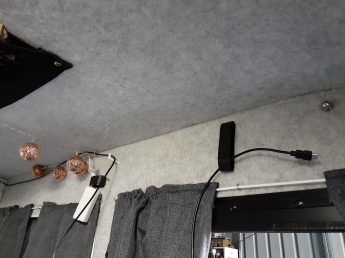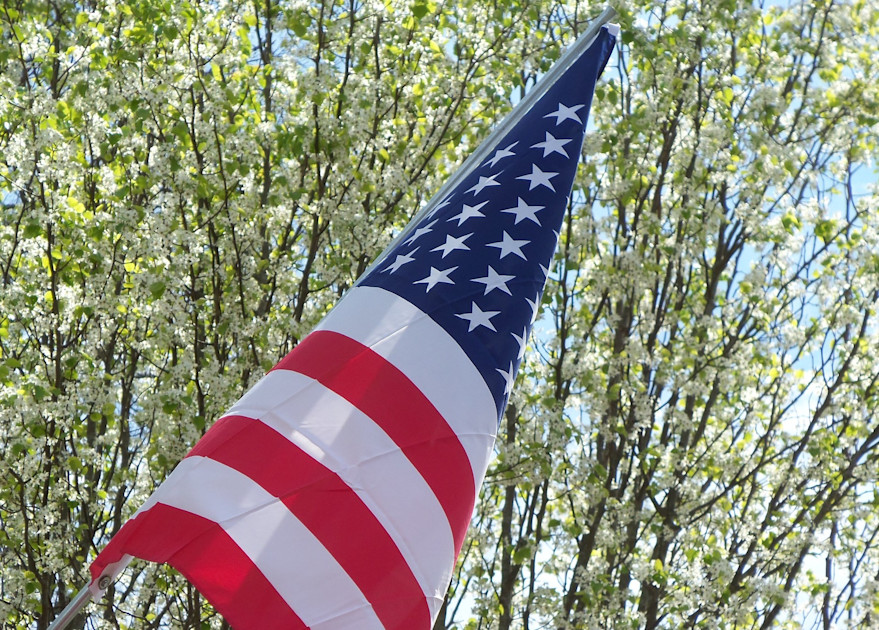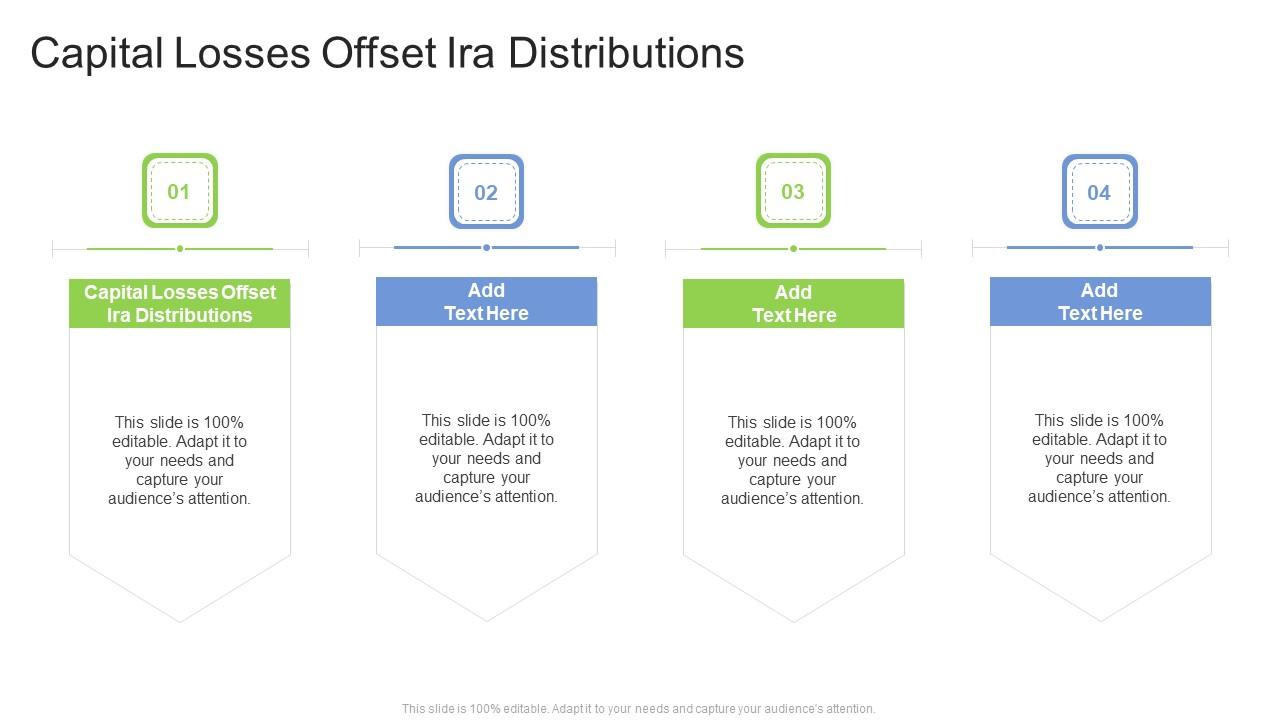The Practicalities Of An Escape To The Country: Things To Consider

Table of Contents
Financial Considerations: Budgeting for Rural Life
A successful escape to the country hinges significantly on careful financial planning. The costs associated with rural living can differ drastically from city life, demanding a thorough assessment of your budget.
Property Prices and Affordability
Rural property prices can vary wildly depending on location, size, and amenities. Thorough research is paramount. Don't just focus on the initial purchase price; consider these factors:
- Commuting costs: If you'll maintain a city job, factor in the daily or weekly cost of commuting – fuel, tolls, train fares, etc. This can significantly impact your overall budget for your country escape.
- Renovation costs: Older properties, while often charming, frequently require significant renovations. Budget for repairs, updates, and potential structural work. Getting a professional survey is a worthwhile investment before committing to a purchase.
- Professional fees: Remember to include solicitor's fees, surveyor's fees, and any other professional costs associated with buying a property. These can add up quickly.
Running Costs: The Unexpected Expenses of Country Living
Country living often presents higher running costs than city life. Be prepared for:
- Increased energy bills: Older, less energy-efficient properties common in rural areas lead to higher heating and electricity bills, especially during colder months. Consider the potential need for insulation upgrades.
- Higher maintenance: Larger properties and gardens demand more maintenance. Factor in costs for gardening, landscaping, repairs, and potential pest control.
- Broadband and mobile signal: Reliable internet and mobile phone coverage can be a challenge in rural areas. Research broadband availability and speeds in your target location; patchy coverage can be a significant inconvenience.
Lifestyle Changes: Adapting to Country Living
Moving to the country involves significant lifestyle adjustments. Careful consideration of these changes is key to a happy transition.
Commuting and Transportation
Assess your commuting situation if your employment remains in a city. Public transportation is often less frequent and less reliable in rural areas. Plan accordingly:
- Vehicle costs: Budget for car purchase, insurance, fuel, and potential maintenance.
- Alternative transport: Explore options like cycling (if feasible) or carpooling with neighbours to reduce transportation costs.
- Travel time: Factor in significantly increased travel time compared to your city commute.
Community and Social Life
Rural communities are often close-knit, but building a new social circle may require effort. Consider:
- Local groups: Research local community groups, clubs, and activities to integrate into the local scene.
- Proximity to loved ones: Think about the distance from friends and family – maintaining connections is vital for a smooth transition.
- Embrace the slower pace: Rural life generally moves at a slower pace. Be prepared to adapt to this slower rhythm.
Practical Considerations: Services and Amenities
Access to essential services is a key practical consideration when planning your escape to the country.
Access to Services: Healthcare, Education, and Shopping
Rural areas often have limited access to certain services. Thorough research is essential:
- Healthcare: Check the distance to the nearest hospital, GP surgery, and other healthcare facilities. Consider emergency response times.
- Schools: Research local schools and their catchment areas, especially if you have children.
- Shopping: Limited local shops might necessitate reliance on online shopping or longer trips to larger towns.
Utilities and Infrastructure: Ensuring Essential Services
Reliable access to essential utilities is crucial. Investigate:
- Water supply: Check for potential issues like water pressure or water quality. Private water supplies are common in rural areas and require specific maintenance.
- Electricity supply: Inquire about the reliability of the electricity supply and the potential for power outages.
- Waste disposal: Many rural properties use septic tanks rather than mains sewage; understand the implications and associated costs.
Conclusion
An escape to the country can be incredibly rewarding, offering peace, tranquility, and a closer connection with nature. However, careful planning and consideration of the practicalities—financial, lifestyle, and access to services—are essential for a successful transition. By thoroughly researching all aspects before making the leap, you can make an informed decision and enjoy a fulfilling escape to the country. Don't let the dream of your perfect rural retreat remain just a dream—start planning your escape to the country today!

Featured Posts
-
 Kyle Walker Peters Transfer West Hams Latest Bid
May 24, 2025
Kyle Walker Peters Transfer West Hams Latest Bid
May 24, 2025 -
 Yevrobachennya Scho Stalosya Z Peremozhtsyami Za Ostannye Desyatilittya
May 24, 2025
Yevrobachennya Scho Stalosya Z Peremozhtsyami Za Ostannye Desyatilittya
May 24, 2025 -
 Mengenal Porsche 356 Dari Zuffenhausen Jerman Menuju Legenda
May 24, 2025
Mengenal Porsche 356 Dari Zuffenhausen Jerman Menuju Legenda
May 24, 2025 -
 Frances National Rally Analyzing The Impact Of Le Pens Sunday Demonstration
May 24, 2025
Frances National Rally Analyzing The Impact Of Le Pens Sunday Demonstration
May 24, 2025 -
 Understanding The Net Asset Value Of The Amundi Djia Ucits Etf Distributing
May 24, 2025
Understanding The Net Asset Value Of The Amundi Djia Ucits Etf Distributing
May 24, 2025
Latest Posts
-
 Weekly Cac 40 Performance Fridays Losses Offset By Earlier Gains March 7 2025
May 24, 2025
Weekly Cac 40 Performance Fridays Losses Offset By Earlier Gains March 7 2025
May 24, 2025 -
 Cac 40 Market Report Mixed Performance For The Week Ending March 7 2025
May 24, 2025
Cac 40 Market Report Mixed Performance For The Week Ending March 7 2025
May 24, 2025 -
 French Cac 40 Ends Week In Negative Territory But Remains Steady Overall March 7 2025
May 24, 2025
French Cac 40 Ends Week In Negative Territory But Remains Steady Overall March 7 2025
May 24, 2025 -
 Cac 40 Index Closes Lower On Friday Maintains Weekly Stability March 7 2025
May 24, 2025
Cac 40 Index Closes Lower On Friday Maintains Weekly Stability March 7 2025
May 24, 2025 -
 Cac 40 Weekly Market Recap Slight Dip Overall Stable March 7 2025
May 24, 2025
Cac 40 Weekly Market Recap Slight Dip Overall Stable March 7 2025
May 24, 2025
